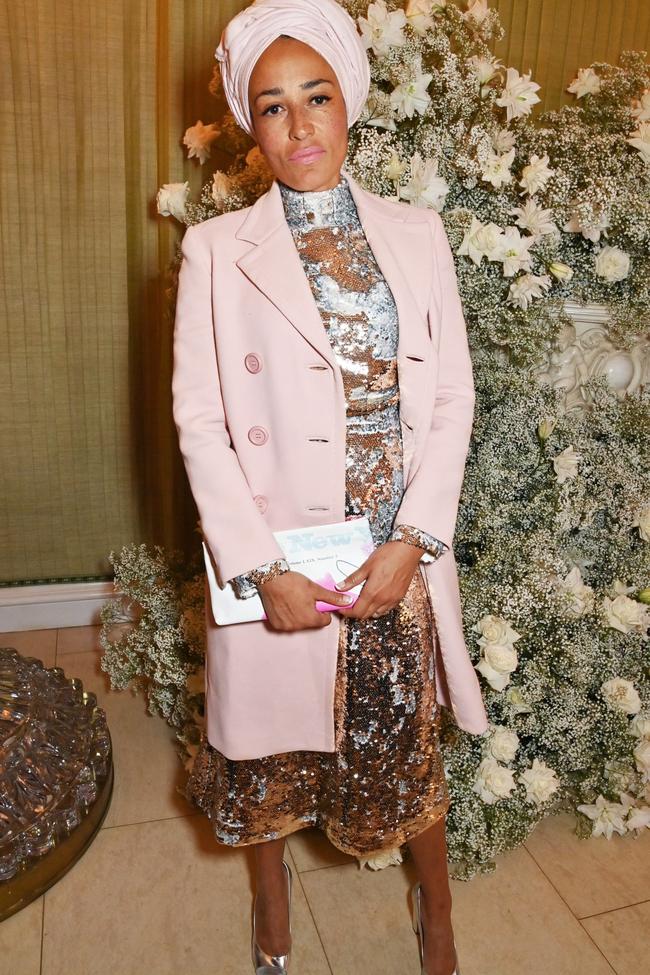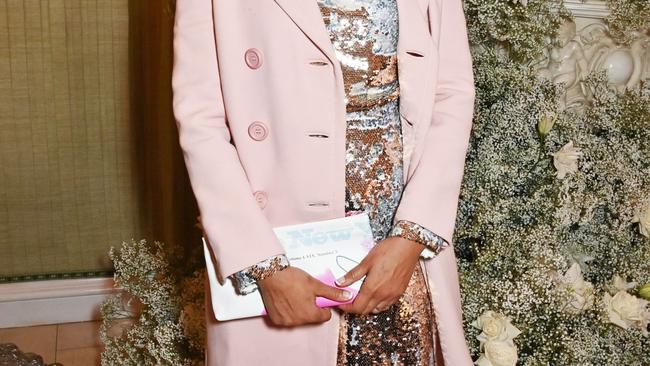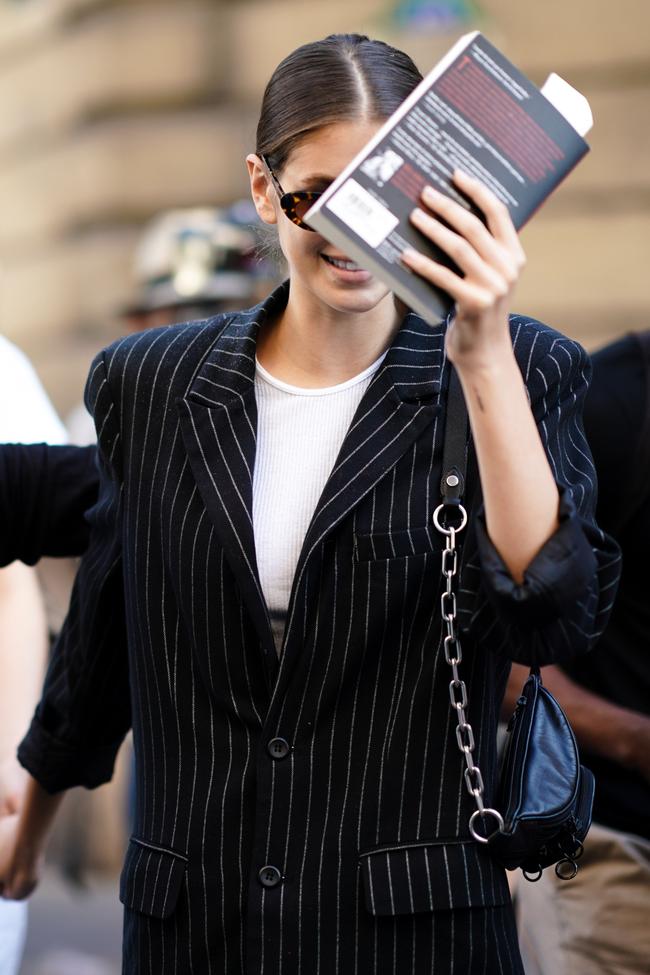
Image credits: Getty Images
In Emma Cline’s unsettling, everybody-has-it-in-their-beach-bag ‘vacay bummer’, book, The Guest, fashion is a major tell. It’s one way the book’s cipher of a main character Alex, a sex worker cast adrift in a ritzy unnamed beach town surviving on her wonky moral compass and pretty, white privilege, understands the game. How to pass among women in “white cropped pants, expensive sandals, pearl earrings.” She has expensive dresses too, given to her by the client who up until recently was keeping her in a manner to which she had accustomed.
Jane Austen meanwhile was the ultimate chronicler of fashion, not only as it pertained to one’s station but also giving us a time capsule of the modes of dress, and thinking, of her time.
As Virginia Woolf, another total clothes horse—albeit one conflicted about her love of fashion— once noted, “Vain trifles as they seem, clothes have, they say, more important offices than to merely keep us warm. They change our view of the world and the world’s view of us.”


![Ottessa Moshfegh walks for Maryam Nassir Zadeh. Image credit: courtesy of the brandIt’s a quote that’s been used by Kim Jones, artistic director of Fendi and an enthusiastic collector of first edition books, as a source of inspiration along with Woolf’s gender twisting novel Orlando. Zadie Smith—who was just profiled in British Vogue (because she has a new book coming out!) wearing incredible looks from Alaia and Margiela Tabi boots (!) has also grappled with it before.“[Woolf] was even more conflicted about clothes than I am, but she better understood that what a woman does with her wardrobe is not very different from what a novelist does with her characters: clothing the self as a way of viewing the world and of being viewed,” she wrote in a 2019 essay on the differences between how women dress in London and New York.](https://content.api.news/v3/images/bin/c7d6ce12eca35245a98d3a40e6ad9d3f?width=650)




